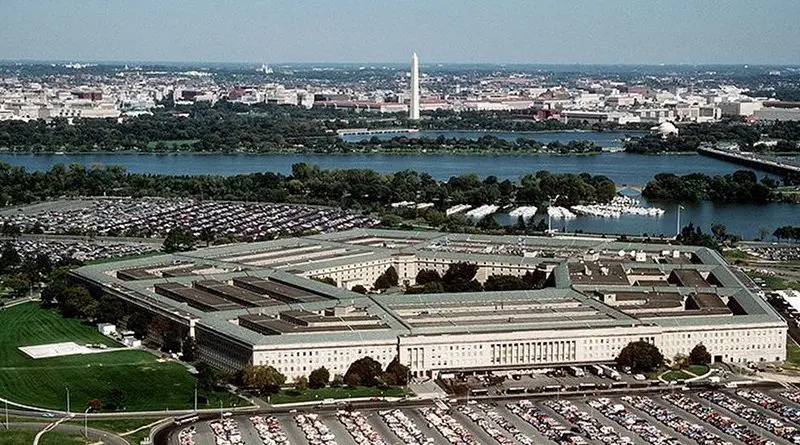Suicide prevention, everyone’s responsibility
By DoD News
“Suicide can dip in to any age group, any rank, from a private to our most senior officers,” said Command Sgt. Maj. Earl L. Rice, senior enlisted advisor for the deputy commanding general for operations, United States Forces – Iraq, and XVIII Airborne Corps command sergeant major. “Regardless of who you are, you need someone to talk to. Servicemembers need some type of way to communicate their issues and concerns, so that we can get them help.”
Servicemembers should not have to fight alone against this silent enemy, and fortunately, the U.S. military forces have many personnel that are able to guide them to a solution, as well as a variety of helpful programs that can assist those who need support.
“Suicide prevention is extremely important to all of our senior leaders,” said Rice. “It’s about protecting the force, protecting our Army and doing what’s right for our Army.”
Top leaders, such as Rice, strongly recommend all servicemembers needing help concerning suicide to use all available resources in order to overcome this challenge.
“Obviously the statistics show a significant increase in suicide deaths over the past few years, but I think everyone should understand that one suicide is too much,” said Chaplain (Cpt.) Robert Nofsinger, the chaplain of Task Force Dragon, Headquarters and Headquarters Battalion, XVIII Abn. Corps.
While being deployed can cause various types of stress to many servicemembers, issues such as legal, marital and financial problems, as well as feelings of loneliness and depression, add to the strain that could lead to heavy anxiety.
The 883rd Medical Detachment Combat Stress Control at Camp Liberty Clinic has numerous support programs for servicemembers on Victory Base Complex.
“Combat Stress Control serves as a force multiplier by providing 13 regularly scheduled psycho-educational classes such as anger management, positive thinking and stress management,” explained Maj. Sandra Pabon, an occupational therapist with 883rd Med. Co., 804th Med. Brigade, and officer-in-charge of Liberty Clinic.
“One of the most important prevention programs is the Unit Behavioral Health Advocate,” said Pabon. “This is where we educate and train selected Soldiers at the unit level. They are the eyes and ears of the company and they are the first responders.”
Additionally, chaplains, such as Nofsinger, are one of many resources that service members can use in order to discuss their issues and find solutions to their problems.
“The beautiful thing about chaplains is that (they) are separated outside of the chain of command,” said Nofsinger. “That is for one specific reason, so that anyone along that chain of command, top and bottom, are able to come to the chaplain and have 100 percent confidentiality.”
Whether enlisted or officer, Rice encourages all servicemembers to recognize the symptoms of suicide, know how to prevent a fellow servicemember from going down that path, as well as continuing to educate those around them.
“We have to know and understand our Soldiers, and leaders at all levels play a critical part in taking care of our Soldiers,” said Rice. “There is a way to fix their problems and we can do that by communicating, working together as a team, and utilizing all the resources that we have available to address and find a solution to that issue.”

